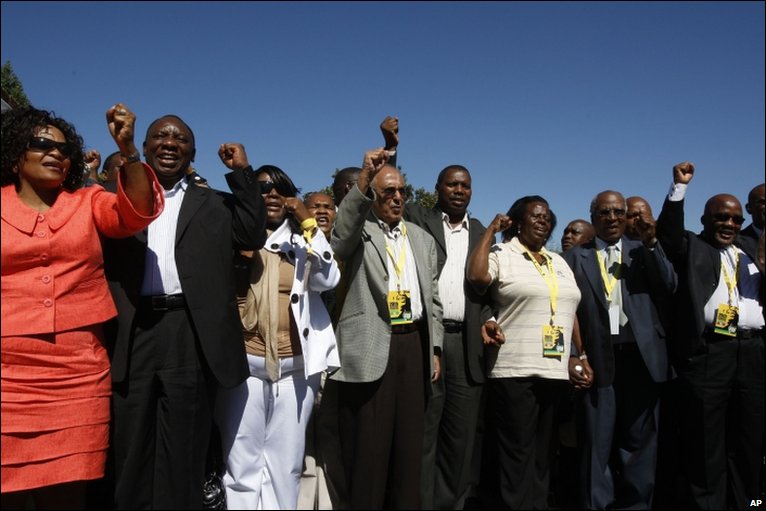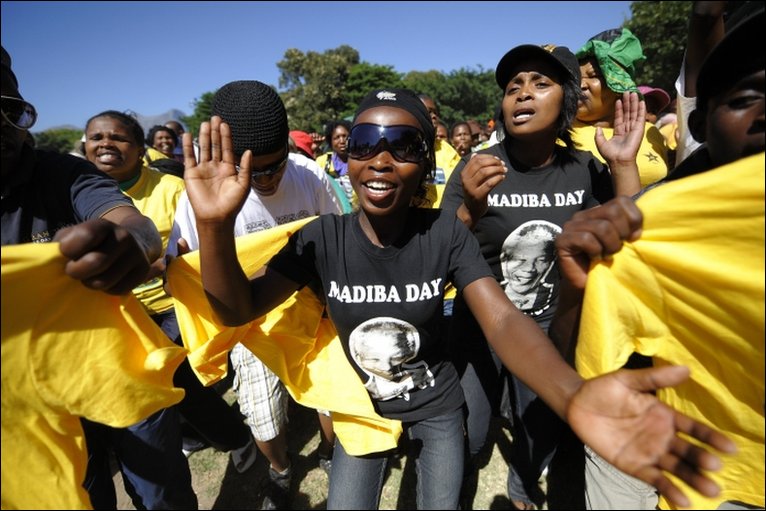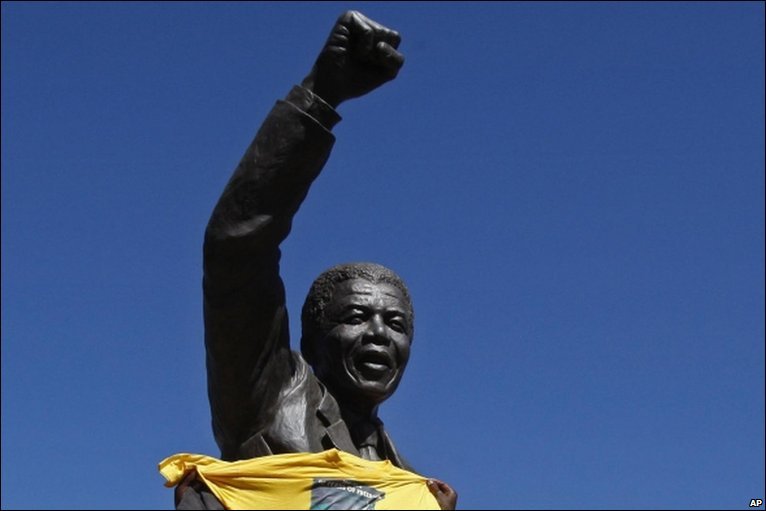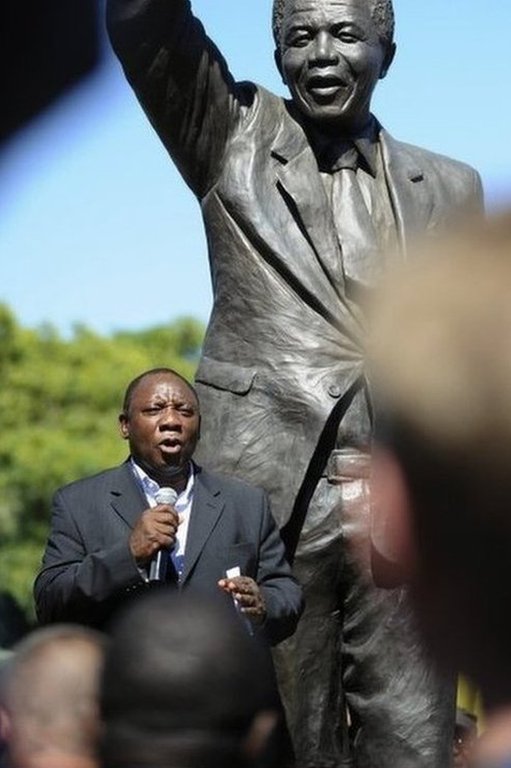What a wonderful wife; first lady with all talents.
Ameizing.
Leo mandela ametimiza 20 years; as a free man. Amongst the entertainer was mke wa rais wa ufaransa.
Mwe! i guss husband yake is very luck and proud of her.
[ame="http://www.msnbc.msn.com/id/21134540/vp/32013432#32013432"]http://www.msnbc.msn.com/id/21134540/vp/32013432#32013432[/ame]
Ameizing.
Leo mandela ametimiza 20 years; as a free man. Amongst the entertainer was mke wa rais wa ufaransa.
Mwe! i guss husband yake is very luck and proud of her.
[ame="http://www.msnbc.msn.com/id/21134540/vp/32013432#32013432"]http://www.msnbc.msn.com/id/21134540/vp/32013432#32013432[/ame]














